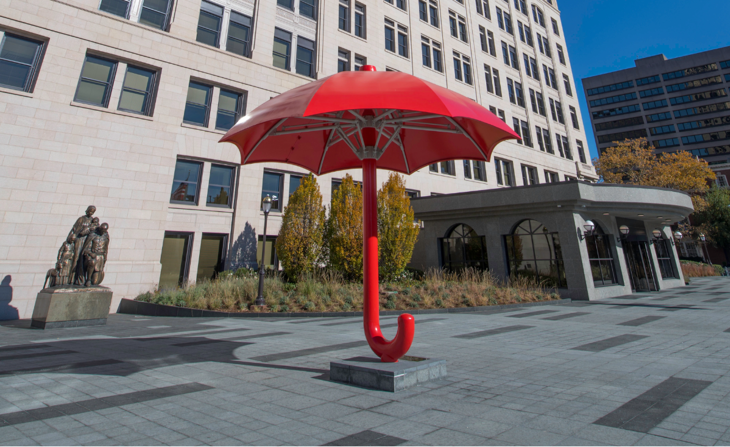 @Travelers.
@Travelers.
US insurance major and the traditional first to announce its results, Travelers, has said its net investment income increased 18% pre-tax over the prior year quarter for Q3 2024.
In a press release on Thursday, the company said it had seen higher net investment income, which was partially offset by higher catastrophe losses.
Please Login or Register for a free account to view this content. Benefits of registering include: